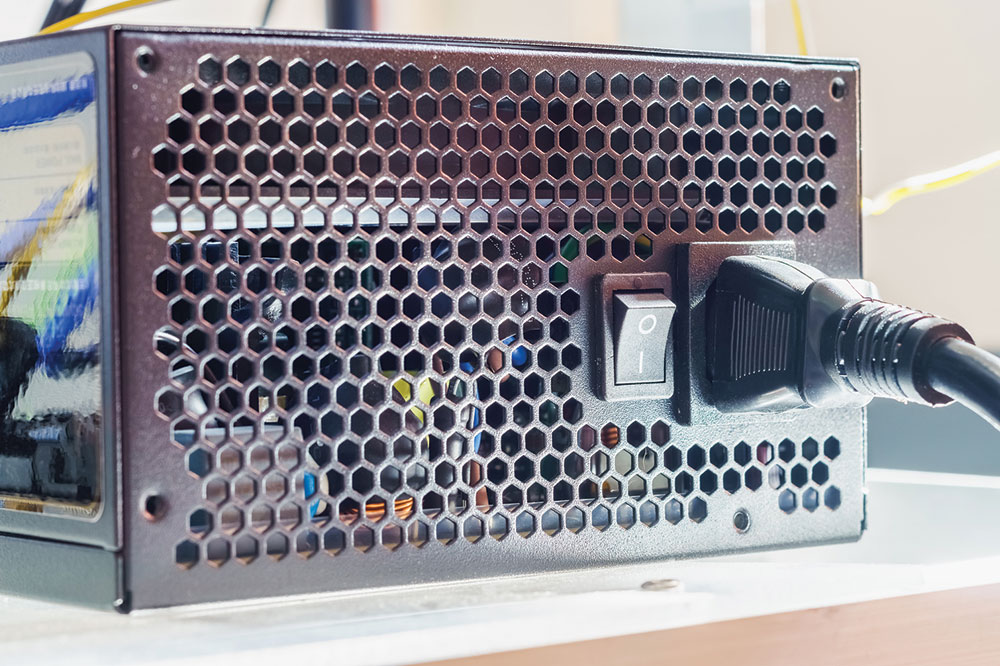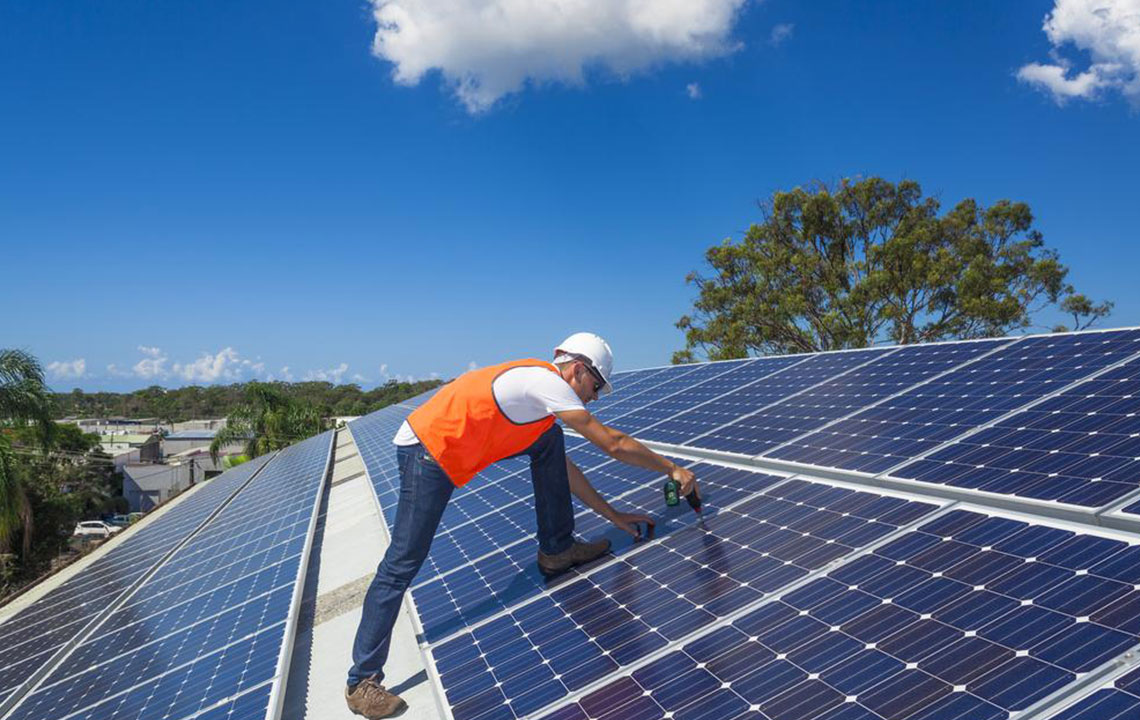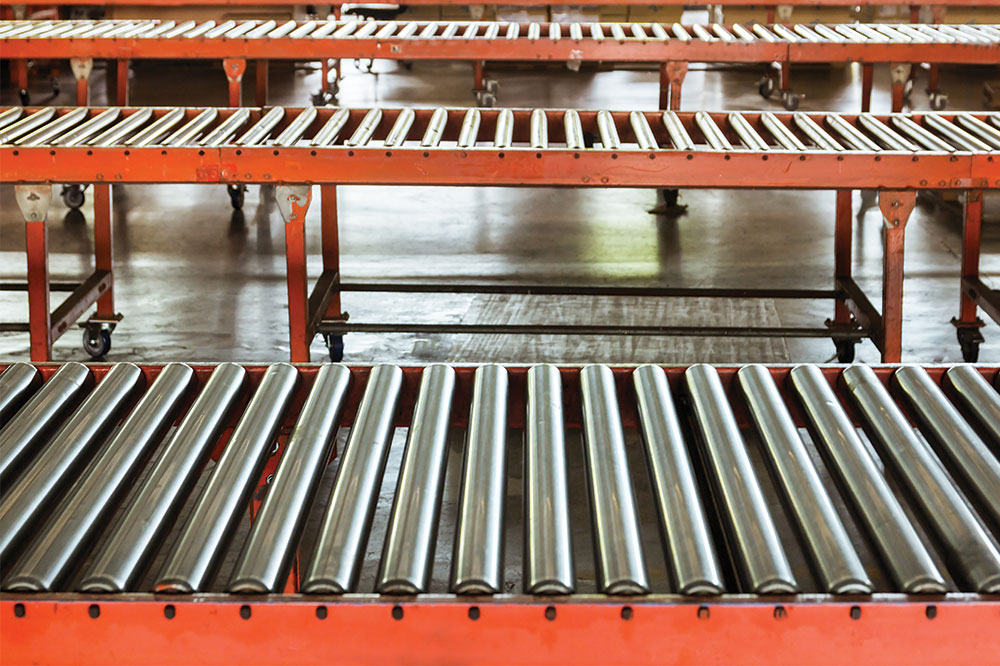Exploring the Benefits of Direct Current (DC) Power in Energy Systems
This article explores the advantages of DC power over AC in energy systems, emphasizing benefits like easier storage, efficient power generation, and engine flexibility. It highlights how DC power is ideal for independent energy plants, especially with storage batteries and variable power demands, enabling more sustainable and cost-effective energy solutions.
Sponsored

Benefits of DC Power in Modern Energy Solutions
There are two main types of electrical power: Direct Current (DC) and Alternating Current (AC). Each offers unique advantages and disadvantages based on their design and application. AC power is easy to transmit over long distances, but it’s less suitable for standalone power systems. Conversely, DC power excels in such setups.
This article discusses the key benefits of DC power in independent energy plants and its potential advantages over AC.
Energy Storage Capabilities
A significant advantage of DC power is its ease of storage, particularly for small-scale applications.
Hybrid energy systems often utilize storage batteries to save electricity for later use. Enhanced storage density allows for more efficient operation of high-demand equipment and reduces fuel consumption by enabling generators to turn off when renewable sources are sufficient. DC power is essential for these batteries, providing a streamlined way to store electrical energy for future use, making the system more efficient and cost-effective.
Efficient Power Generation for Mains Electricity
Most household and industrial devices operate on mains-style AC power. DC-powered independent energy stations can produce mains-compatible electricity more efficiently by using diesel DC generators and then converting DC to AC. Directly generating AC with petrol synchronous generators tend to be less efficient in comparison.
Engine Flexibility and Power Regulation
AC synchronous generators must operate at a fixed speed to generate stable mains electricity. This limits output when demand varies. Meanwhile, DC generators benefit from variable engine speeds, as they can adapt to changing power needs without compromising efficiency. This flexibility helps conserve fuel, reduce noise, and optimize power output depending on demand.






